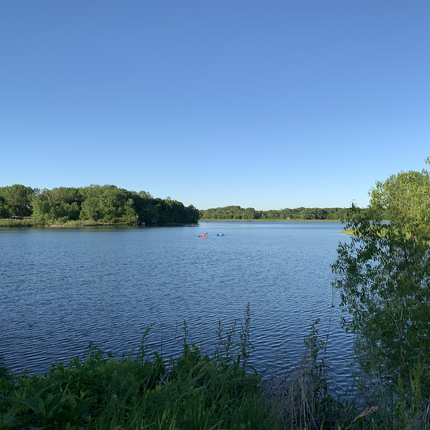By Mike Moen, Public News Service - Iowa
Iowa has taken steps to prevent floods following historic disasters in recent decades. At the center of these efforts are local coordinators, working to keep jurisdictions on the same page. Now, a proposal is being offered to better fund these positions.
As lawmakers craft the next state budget, they're being asked to include grants for full-time coordinators in areas known as Watershed Management Authorities. Cody Smith, a policy associate with the Center for Rural Affairs, said these are the people who work most closely with local stakeholders to develop the best flood-prevention strategies for the area.
"They're out every day," he said, "communicating with farmers and landowners about, 'OK, how do we put in a conservation practice?' Or, 'What flood mitigation practice would be best suited for your land?'"
The job also involves overseeing planning meetings with local and county agencies, but Smith said the funding is unstable for these positions, resulting in high turnover that hampers progress. The proposal is a trio of three-year grants, totaling $300,000 each. The chairman of a key legislative committee has said it's unclear whether there's enough funding, but new revenue projections are expected soon.
Rodd Marlatt, who chairs the Turkey River Watershed Management Authority in northeastern Iowa, said they've made great strides in reducing the flood threat there. But statewide, he said, districts need that consistent go-between to replicate any success. Marlatt said he wants to shift from planning to more action.
"We know how to do this now. We know which practices are most effective," he said. "And I guess, from this point forward, the state needs to look at that and remember why they did what they did."
After the severe flood of 2008, Iowa leveraged funding from the U.S. Department of Housing and Urban Development to create what's now called the Iowa Watershed Approach. Around that same time, the Watershed Management Authorities were created. Now, there are 26 of them across the state.





